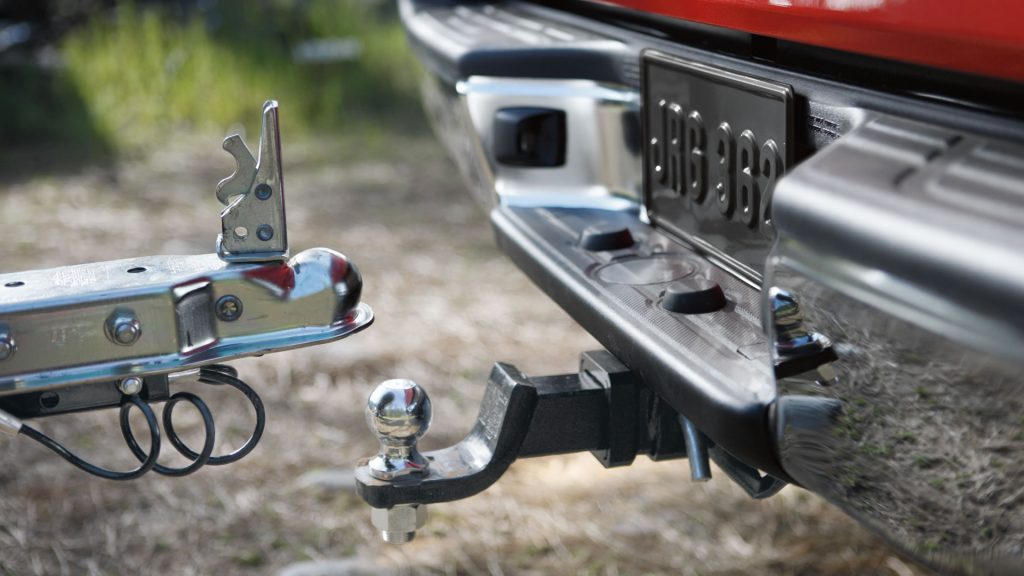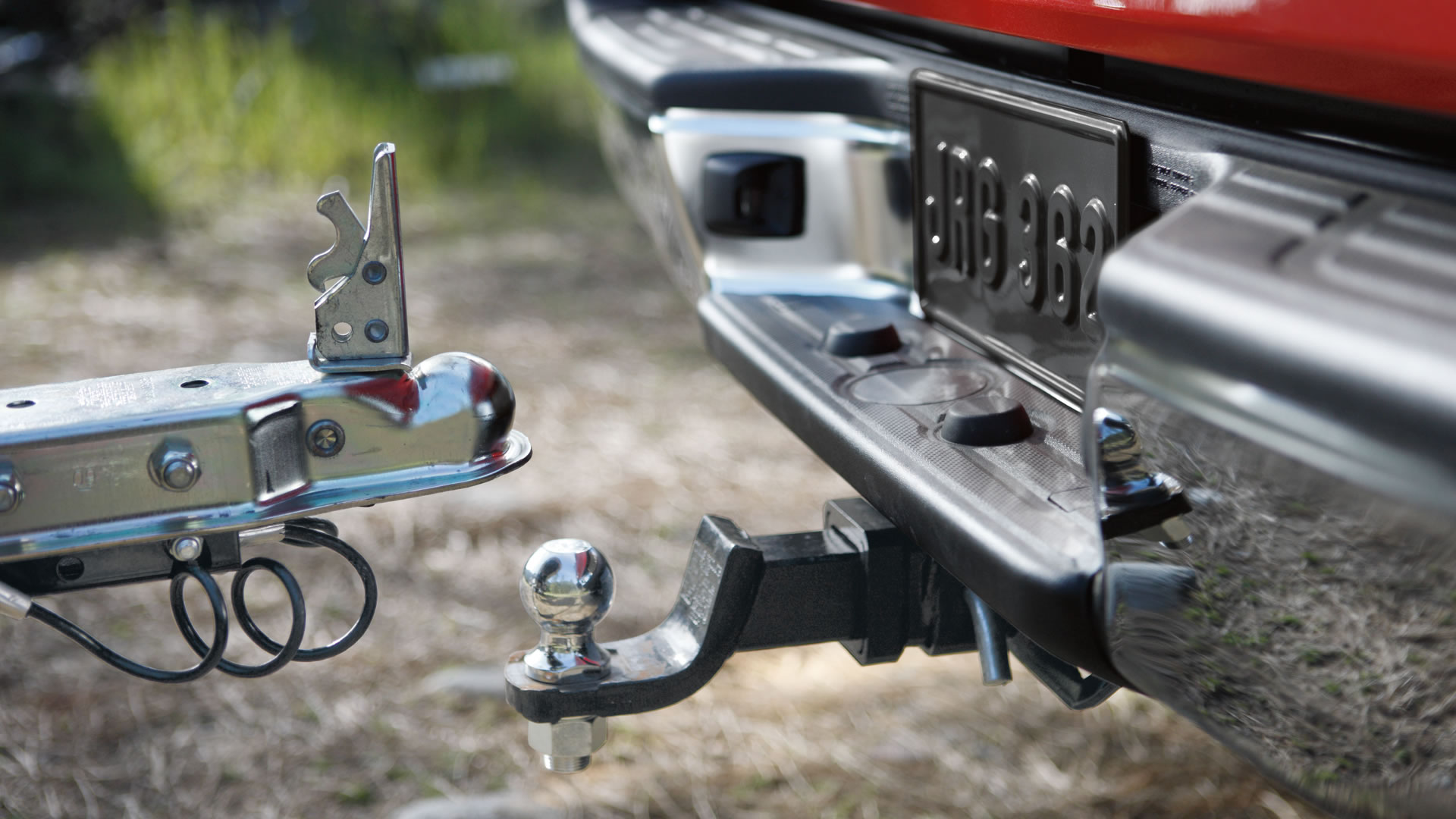The right trailer hitch is essential for safe and secure trailer towing.
Before you think about attaching a trailer to your vehicle, make sure you have checked all information. Also, ensure you are using the correct hauling equipment. This includes the trailer hitch accessories.
Fit your vehicle to determine which trailer hitch is best for you.
These are the steps to follow.
Calculate the weight of your tow vehicle
It is easier to choose the right trailer hitch to fit your vehicle if you know your vehicle’s towing capability and trailer hitch capacity.
Before you buy, gather information about your trailer and vehicle, such as Gross Vehicle Mass (GVM). When measuring your tow vehicle, you should consider the following four areas:
- Kerb weight: The vehicle’s weight in Kerb weight (KW).
- TBM: Tow Ball Mass refers to the vehicle’s weight that is added to your vehicle. It goes towards your vehicle’s payload.
- Payload: This is the weight of all occupants, including luggage, tow-ball loads, and accessories.
- GVM: Gross vehicle mass (GVM) refers to the total weight of your vehicle and all its attachments.
Here’s how to calculate the gross vehicle weight:
GVM = KW+ Payload
Make sure to check your trailer’s GTW & TW capacities
To choose the right trailer hitch, you must first measure your vehicle weight.
GTW: Gross trailer weight is the total weight of a fully loaded trailer when it’s being towable with your vehicle.
TW: Tongue Weight refers to the force that falls on the trailer coupler-created coupler. It attaches to the ball mount on the hitch.

Cross-check: Tow vehicle, trailer, and hitch classes that match
Once you know the TW, GTW, and GVM ratings of your trailer vehicle and your vehicle, it is time to look at different types and categories to determine the best trailer hitch. These are the three most basic trailer hitches for heavy-duty use. You can also read about Stewarts Donnybrook Automotive Safety Tips by visiting https://military-vehicle-photos.com/stewarts-donnybrook-automotive-safety-tips/
The 5th wheel hitch is a sturdy hitch that can haul large vehicles, such as pick-up trucks, SUVs and car hauliers, etc. These hitches can support up to 25,000 Ibs and have a pivot ability to absorb road imperfections.
Gooseneck hitch: Similar in design to 5th wheel hitches but designed for pick-up trucks with a maximum hold-up of 30,000Ibs.
Weight distribution hitch: These hitches can be classified as hitch attachments. They are designed to distribute the tongue weight (TW) between the tow vehicle, and the trailer, and take the weight off of the rear.
Find the hitch height and the coupler height
You must choose the correct shank-sized ball mount to match the receiver tube opening. This includes weight ratings. You must first determine the height of the trailer hitch and the coupler height before you can choose the right ball mount for it.
Measure the height of your hitch: Start at the ground and measure the distance between the topmost hitch receiver opening to the ground.
Measure the coupling height. Measure the distance between the ground and bottom of the coupler using the trailer level.
Using the information above, you can determine which hitch is best for your vehicle and trailer. You can also speak with local trailer hitch dealers to get an expert opinion.
